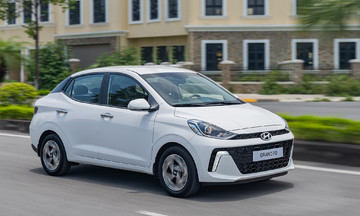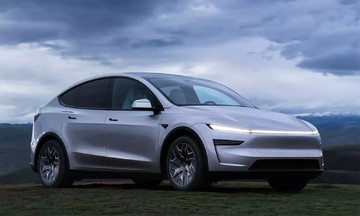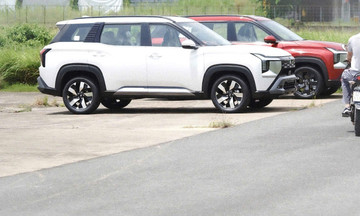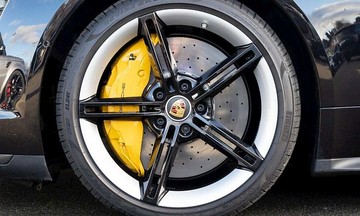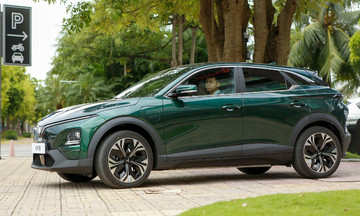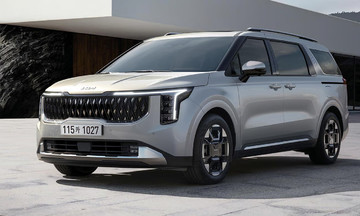Vietnam's B-segment sedan market experienced significant growth in July 2025, with 3,544 vehicles sold, a 37% increase compared to June. The Toyota Vios maintained its top position with 1,213 units sold. The Honda City, however, made a remarkable comeback with 1,181 sales, nearly quadrupling its June figures and trailing the Vios by a mere 30 units. The Hyundai Accent saw a decline, with 504 vehicles sold, down almost 9%. Other models like the Mazda2, Mitsubishi Attrage, and Kia Soluto did not experience significant sales breakthroughs.
The Vios's July sales represent a 14% increase over June. The model also boasts the highest cumulative sales for the year so far (through July 2025), outpacing competitors due to a stable supply and consistent dealer discounts.
The City's resurgence has propelled it to the second position in year-to-date sales. July's performance marks a rare high point for the City after months of declining sales, despite having led the segment earlier in the year.
In contrast, the Hyundai Accent continued its downward trend with a nearly 9% drop compared to June. The South Korean model, which led the segment in March, has since fallen behind the Vios and City.
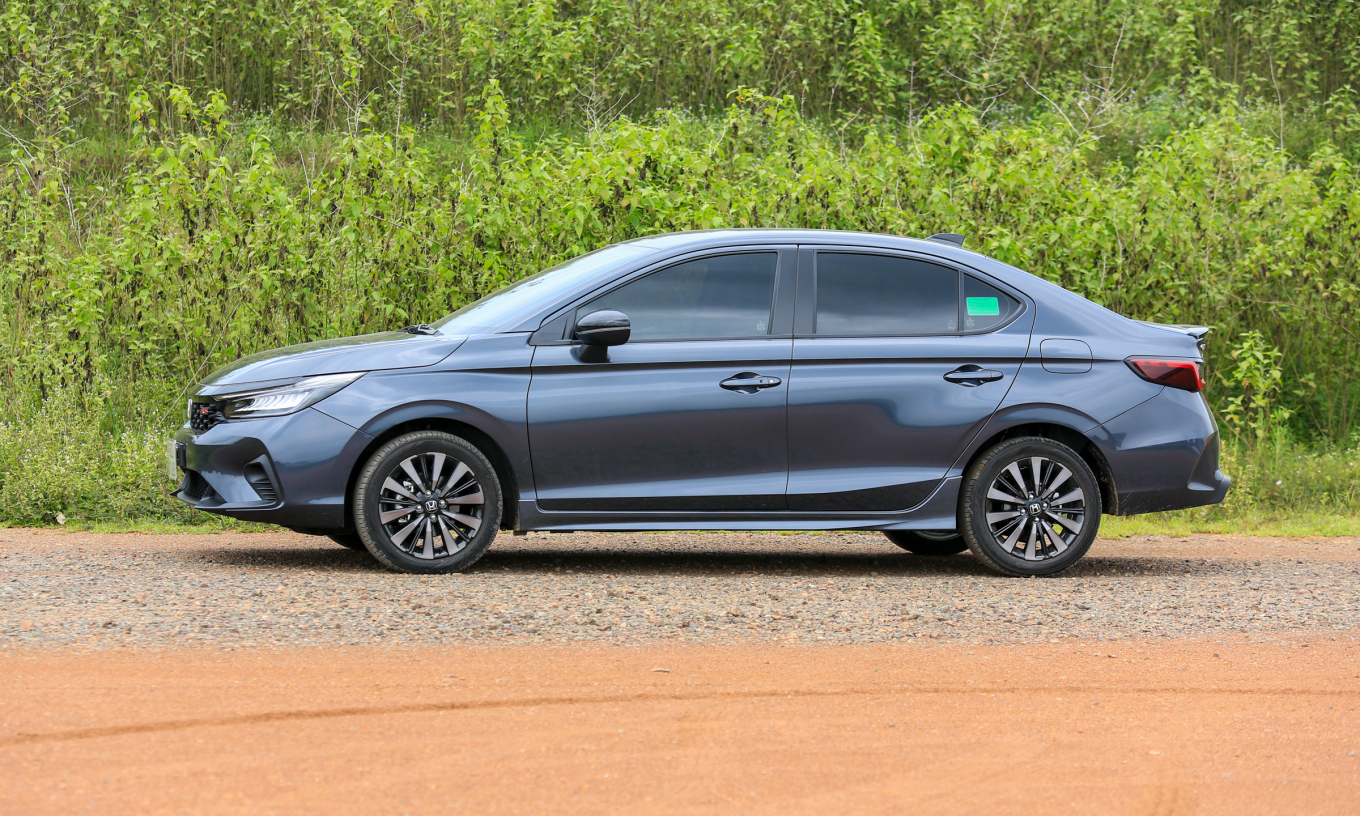 |
Honda City in the Vietnamese market. Photo: Luong Dung |
Honda City in the Vietnamese market. Photo: Luong Dung
Imported models saw modest sales. The Mazda2 sold 440 units in July, a 3.9% decrease from June, placing it fourth overall. The Mitsubishi Attrage sold 184 units, a 15% increase compared to June, securing the fifth spot. The Kia Soluto remained last with only 22 units sold, a 26.7% decrease compared to the previous month.
The City's impressive July performance is partly attributed to a 100% registration fee waiver, resulting in savings of over 50 million VND for buyers. While the Vios and Accent also offered a 50% registration fee reduction, these incentives did not generate the same sales boost as the City's. Other models like the Mazda2, Attrage, and Soluto also saw various promotions, primarily focusing on registration fee support or direct discounts. However, these incentives proved insufficient to significantly impact sales, leaving these models trailing behind the segment leaders.
Ho Tan



